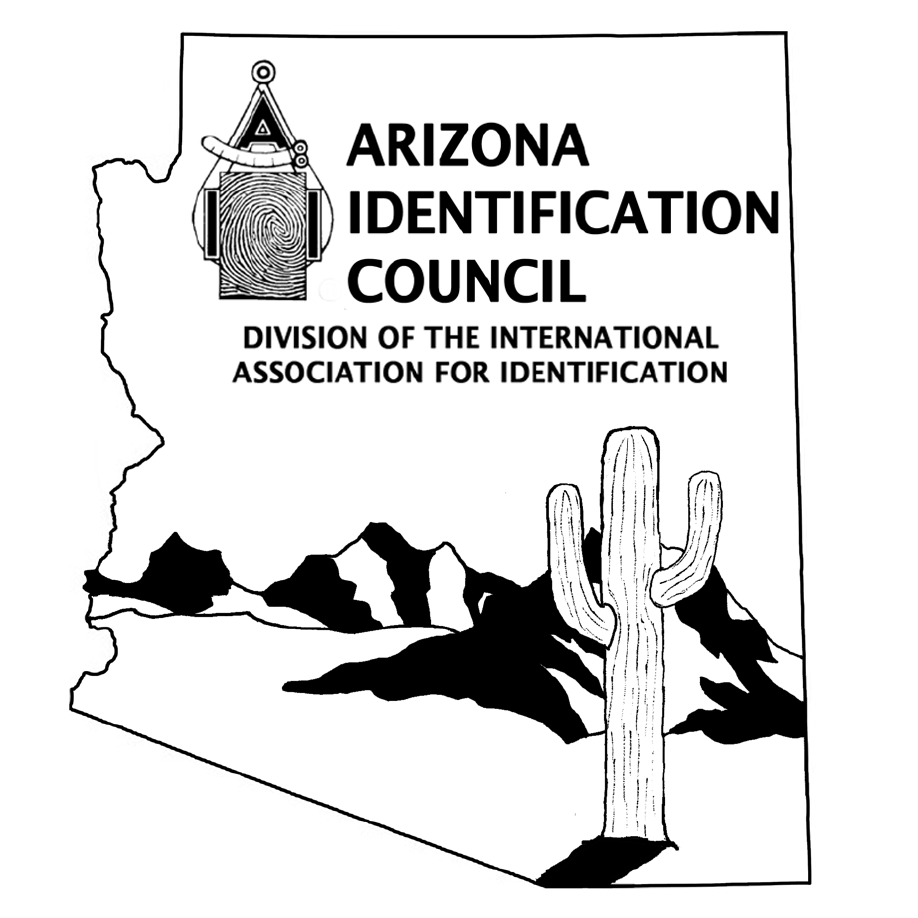Arizona Department of Public Safety
Salary: $93,292.78 Annually
Summary Statement
The Arizona Department of Public Safety is seeking an experienced and motivated individual to join our team as a Forensic Scientist III specializing in the LATENT PRINTS discipline. A Forensic Scientist utilizes chemical, microscopic, chromatographic, and comparative techniques and instrumentation to examine, identify and evaluate physical evidence which may include: controlled dangerous substances; blood, urine, and other biological specimens; firearms; questioned documents; latent prints; trace evidence; and other items of evidentiary value. Prepares technical reports; provides expert testimony in court; provides technical advice and guidance to and trains other forensic scientists; recommends revisions to analytical methodology and purchase of scientific equipment; serves as an experienced casework analyst working complex cases within the discipline and performs related tasks as required. Supervision is received from a Supervising Forensic Scientist.
This recruitment will be used to establish an eighteen-month eligibility list to fill current and future vacancies. Recruitment may close without notice.
Must successfully complete the examination process.
Written Examination - 40% weight (click here for more information.) (Download PDF reader)
Qualifications Appraisal Board (QAB) - 60% weight
NOTE: Transcript copies (official or unofficial) are required with your application.
If you have a disability which may require an accommodation, please notify
Human Resources in writing prior to the test date.
Essential Functions (not intended to be all inclusive)
1. Examines, identifies, and evaluates suspected evidence which may include blood, semen, hair, fibers, paint chips, glass fragments, questioned documents, fire accelerants, soils, firearms, latent prints, drugs, poisons, alcoholic beverages, etc. Utilizes physical, chemical, microscopic, photographic, comparative, classification, computer, molecular biology, chromatographic and visualization techniques and instrumentation which may include gas chromatography, ultraviolet spectrophotometry, infrared spectrophotometry, electrophoresis, gas chromatography-mass spectrometry, scanning electron microscopy-energy dispersive x-ray, variable wavelength forensic light sources, spectrofluorimetry, and immunoassay.
2. Prepares technical written reports in order to document scientific analyses and results.
3. Attends pre-trial conferences, prepares exhibits for courtroom use, and provides expert testimony in courts throughout the state.
4. Discusses laboratory test results and evidence collection with officers and attorneys.
5. Remains current on scientific advancements in the forensic field through technical publications, presentations and training in order to apply appropriate methodologies.
6. Responds to crime scene incidents in order to gather, preserve and move items of evidence to crime lab for further analysis.
7. Researches and evaluates new methods of analysis to update scientific methodology.
8. Provides general scientific information in response to questions from Department staff, other agencies and the public.
9. Provides technical advice and guidance to other forensic scientists with difficult analyses.
10. Trains new forensic scientists in laboratory methodology and in skills required to attain courtroom qualification.
11. Instructs law enforcement personnel in training schools throughout the state in laboratory procedures such as recognizing, handling and examining physical evidence.
12. Recommends purchase of scientific equipment and supplies.
Knowledge, Skills, and Abilities Required
Knowledge of:
1. principles and analytical procedures of chemistry, biology (including molecular biology), toxicology, criminalistics, fingerprints, questioned documents, or related sciences.
2. basic uses and effects of controlled substances.
3. hazards and toxicity of chemicals.
4. statutes and case law applicable to assigned forensic discipline and use of physical evidence in court.
5. rules of criminal procedure concerning time limits, discovery, evidence and expert witnesses.
6. crime scene procedures.
7. techniques for processing items of evidence at crime scenes.
8. mathematics related to analyzing scientific data.
9. coaching and training techniques to provide technical advice, guidance and training.
Skill in:
1. operating laboratory instruments, equipment and computer systems related to areas of responsibility.
Ability to:
1. define problems, establish facts, interpret information and draw valid scientific conclusions.
2. recognize minute differences in shape and form.
3. chemically identify and quantitate compounds such as drugs, diluents and poisons.
4. interpret scientific data to establish statistical probabilities of origin of biological and commercial products.
5. effectively communicate findings of scientific tests both orally and in writing.
6. testify and undergo intense examination in court.
7. perform detailed work with a high degree of accuracy.
8. read and interpret scientific materials.
9. organize, conduct and evaluate scientific research
10. handle routine contact with criminal justice members and the public.
Minimum Qualifications
A Bachelor's Degree from an accredited college or university with major course of study in biology, chemistry, or closely related physical or natural sciences with either a minimum of thirty (30) semester hours in chemistry or a minimum of twenty (20) semester hours of chemistry with completed coursework in molecular biology, genetics, and biochemistry; a minimum of seven (7) years of experience as a forensic scientist in a recognized crime laboratory; demonstrated competency in at least one forensic discipline; and court or professional presentation experience applicable to forensics.
Additional forensic scientist experience, beyond the required seven (7) years, may substitute for semester hours of chemistry (one (1) year additional forensic scientist experience equals ten (10) chemistry semester hours).
WORKING CONDITIONS:
May be exposed to fumes or dust, bodily fluids, toxic or caustic chemicals or materials that transmit infectious disease (e.g., AIDS, Hepatitis B), are corrosive, carcinogenic, or explosive.
May be required to move items up to twenty (20) pounds.
Must be able to respond to crime scenes and court appearances as needed.
ADDITIONAL REQUIREMENTS:
Must provide a DNA sample for the staff database.
Progression to the next classification in the Forensic Scientist series requires an overall performance rating of at least "Standard" in the last 12 months.
Must successfully complete the examination process.
FLSA Status: Non-Exempt
